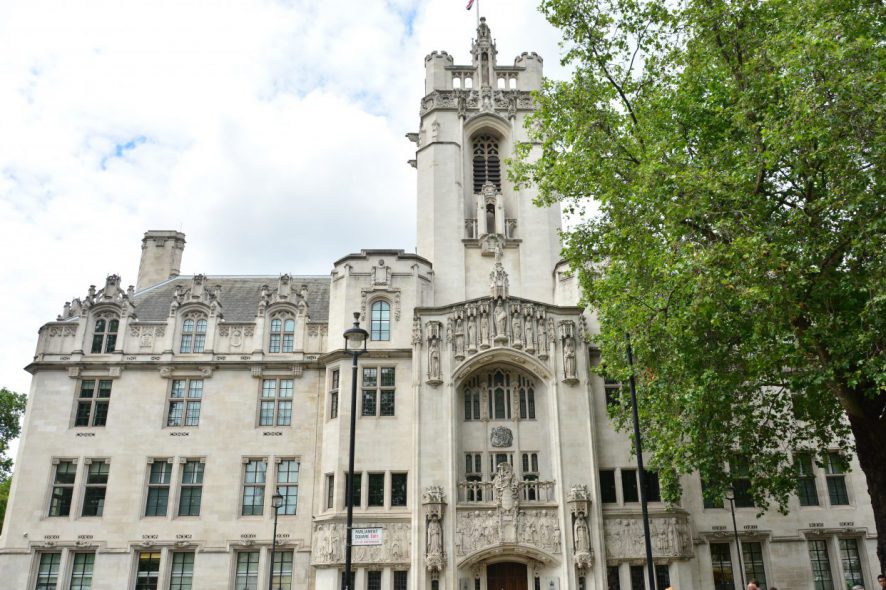United Kingdom Supreme Court: A Five Judge Bench comprising of Lord Wilson, Lord Carnwath, Lord Hughes, Lady Black and Lord Lloyd-Jones, JJ. inferred the meaning of financially independent which means “not financially dependent upon the state”.
The appellant was residing in United Kingdom with her friend who she took care of due to medical conditions in lieu of which the appellant was provided free boarding and lodging. She resided there with leave as a student for three months and was granted further leave on 12 occasions some of which were made after the previous leave expired. After her final grant failed, the appellant applied twice but failed.
She pleaded on the context of Article 8 of the European Convention on Human Rights requesting the court to respect her private life that she has now established in the UK. Her plea was rejected due to the fact that her life was established in the UK even when she knew that her continued stay would be dependent upon a further grant of leave also it was against the public interest that she was financially dependent upon her friend and father. Hence, she preferred the appeal.
The Supreme Court questioned the fact as to why would the financial dependence of the appellant be against the interests of the economic well-being of the United Kingdom and that in case of a cessation of a person’s employment the consequences would be more or less the same. Plus if consequently under Article 8 the claimant loses the financial independence then public interest may help to justify the interference with their right to respect for their private or family life in the UK. Accordingly, the appeal was allowed.[Rhuppiah v. Secretary of State for the Home Department, [2018] 1 WLR 5536, decided on 14-11-2018]







